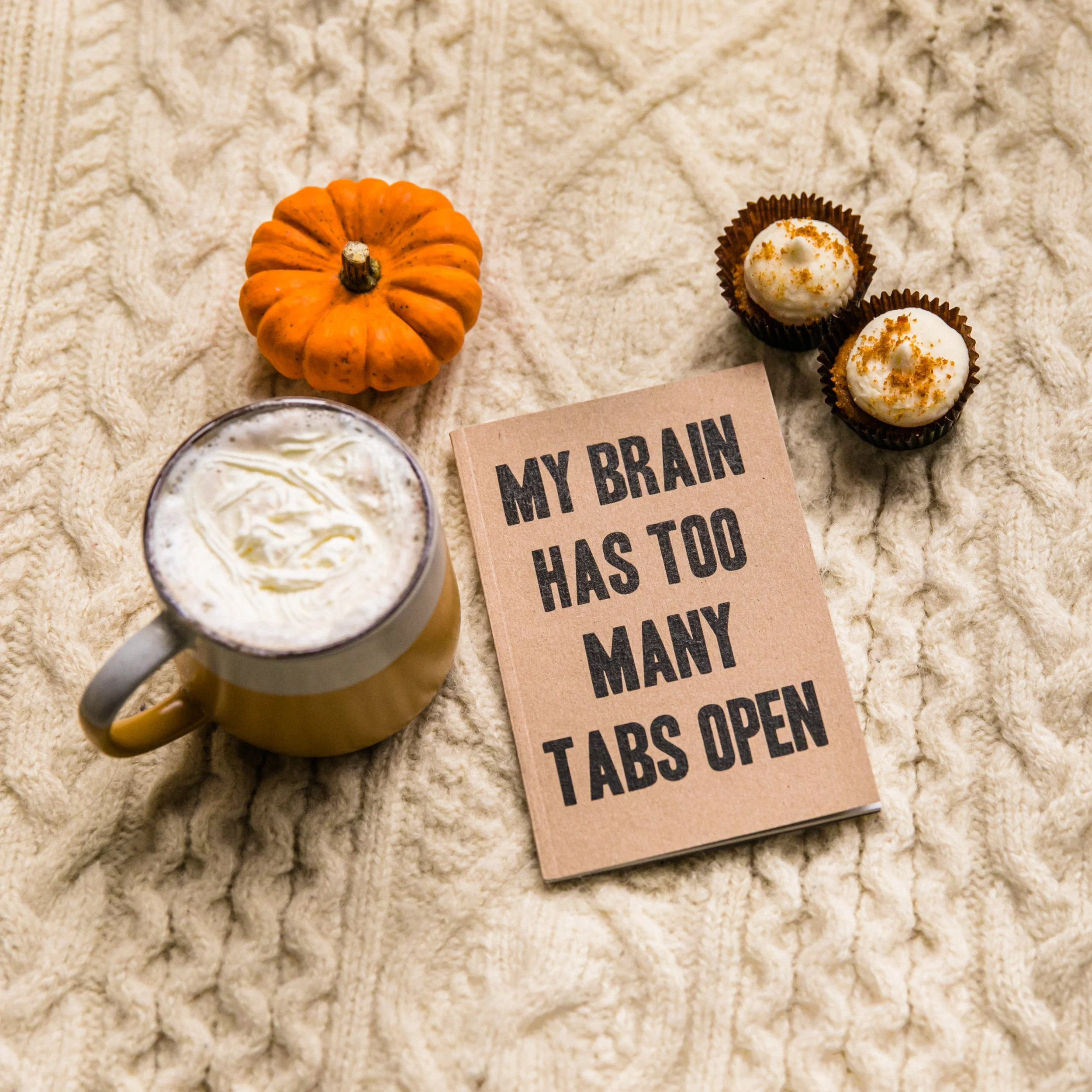Did you know you have three brains?
Our brains are still a mystery to us and to science. There are new discoveries and theories almost every day.
There is so much we still don’t know. So many fascinating things we have still to learn.
Take the triune brain, for instance. This is an evolutionary theory that our brain has developed over time to have three parts which react to the world very differently.
In psychology, we do see this play out in the real world. And once you know about the theory, you will start noticing how one of your ‘three brains’ is dictating your behaviour and responses.
Three brains in one mind have developed in humans over thousands of years of evolution. The primitive mind is intent on survival. The emotional mind is intent on connecting with others and the thinking mind, is intent on self-expression, critical thought and invention.
Your primitive brain
You’ll see primitive behaviours in times of stress, during group violence and when humans are in fear or need.
When your primitive brain takes over, it's all about instinct and it’s not under your control. Think of those moments when you behave out of character, unaccountably furious with someone else’s dangerous and aggressive driving, split-second reactions to stop a child from falling over, the way your hand jumps back when you touch something hot. That gut feeling you get when something or someone just feels a bit ‘off.’
Your primitive brain’s only job is to protect you. To keep you alive. It can get in the way, phobias for example, or be really helpful, saving or defending you from danger.
Your emotional brain
This part of your brain developed when man became more of a social and tribal creature. You unconsciously use it either to connect with or avoid other people.
For babies and children, their emotional brains help them connect with their care-giver and get what they need for growth and survival. It kicks in when we date or build relationships. It also warns you (if you listen) that some people are not to be trusted. You just get a feeling that you can’t put into words.
Your thinking brain
I think of this as your ‘Mr. Spock’ brain. It is the most modern evolution and helps us think, question, analyse and apply logic. It may or may not be correct in its assumptions, however, because sometimes it thinks in unhelpful ways.
Over-reliance on this part of your brain can suck the joy out of life. A pervasive thought about being unlucky, unworthy or an imposter is probably not true. Nevertheless, it affects our behaviour and unfortunately tends to try and prove its unhelpful theory.
That’s why people suffer from a lack of confidence or a feeling that somehow they are not as good as other people. And the things your thinking brain starts to notice as you live your life are primed to confirm that thought, so it gets ingrained.
What your thinking brain thinks or the voice in your head says is not necessarily true. You could try questioning your own negative thoughts.
For example, a thought like “I know I’m going to mess this up, I always do.” can be questioned. “Always?” or “Where’s the evidence for that?” or “How come I think I can predict what will happen?”
If you can get into the habit of challenging your negative thinking, it’s a healthy one. Cut yourself a little slack, try and be kinder to yourself. Remember that self-criticism is coming from somewhere else (most likely something you experienced as a child), so be prepared to challenge it.




